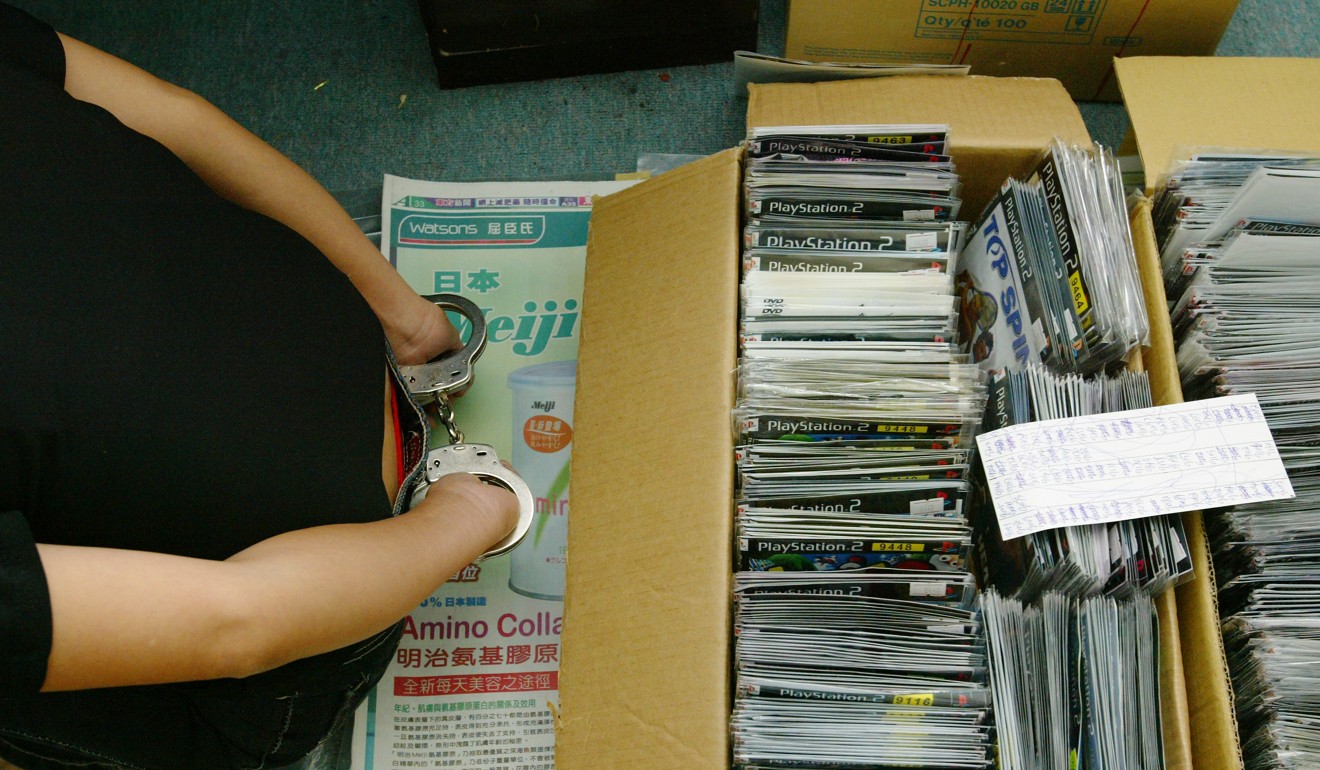
Fighting video piracy will take a unified effort as Asia’s TV and cinema industries boom
Chrys Poulain says Asia is growing as a content provider, meaning efforts to encourage legitimate consumer use are badly needed. A new anti-piracy coalition is a step in the right direction
Recently, the Cable and Satellite Broadcasting Association of Asia – the leading trade body for the region’s pay TV industry – announced the formation of the Coalition Against Piracy, to coordinate with major entertainment companies.

Malaysia launches Infringing Website List initiative to combat digital piracy
Today’s rapidly evolving digital revolution has fashioned a culture in which consumers increasingly expect free, or at least inexpensive, access to high-quality content on any device at any time. With over half the world’s population living in Asia, opportunity is ripe to reach and tailor entertainment services for this content-hungry market. Fifty per cent of the projected US$83 billion global online TV and movie revenue is expected to come from the region by 2022.

Music piracy increasing globally, ripped from Spotify, YouTube says recording industry group
This, however, is a double-edged sword with video piracy devastating the industry. Asia is projected to become the largest region for online piracy in 2018, with revenue losses expected to double between 2016 and 2022 to nearly US$20 billion. Can the anti-corruption coalition ensure legal platforms for consumers who gravitate towards accessing video illegally?
Disrupting the operations of criminal syndicates that sell illicit streaming devices – like “fully loaded” Kodi boxes that give users access to pirated live broadcasts, cable and satellite channels, as well as libraries of stolen on-demand content – and identifying other solutions and strategies are at the top of the Cable and Satellite Broadcasting Association of Asia’s agenda.

Seventh season of Game of Thrones was pirated 1 billion times – more than it was watched legally
An important first step for the coalition is to work with other Asian industry groups, governments and technological partners to ensure adherence to copyright law and encourage educational initiatives to direct consumer behaviour away from video piracy. Further, it will complement the US-based Alliance for Creativity and Entertainment.
The coalition is an unprecedented challenge to piracy in Asia. To track pirates and educate consumers swiftly and effectively, it has to combine efforts with these various groups, and help provide innovative and affordable services. In doing so, the region can provide a stronger environment to support the content industry, while enabling consumers to access content in a legitimate way.
Chrys Poulain is director of sales for the Asia-Pacific, France, the Middle East and Africa at NexGuard
